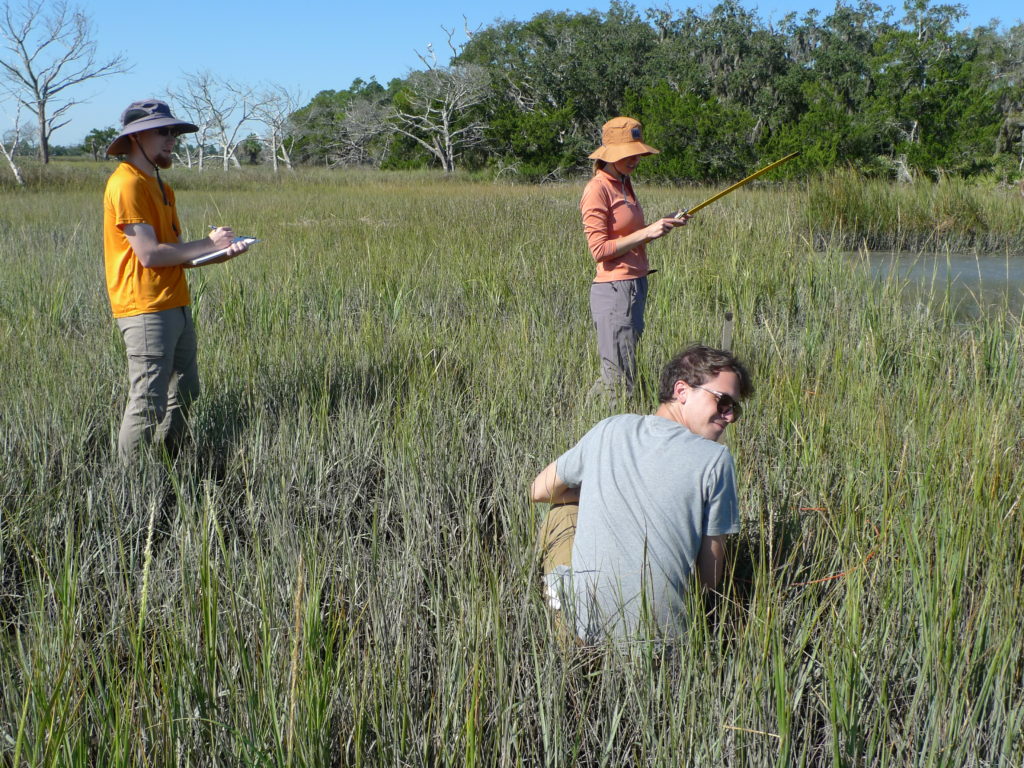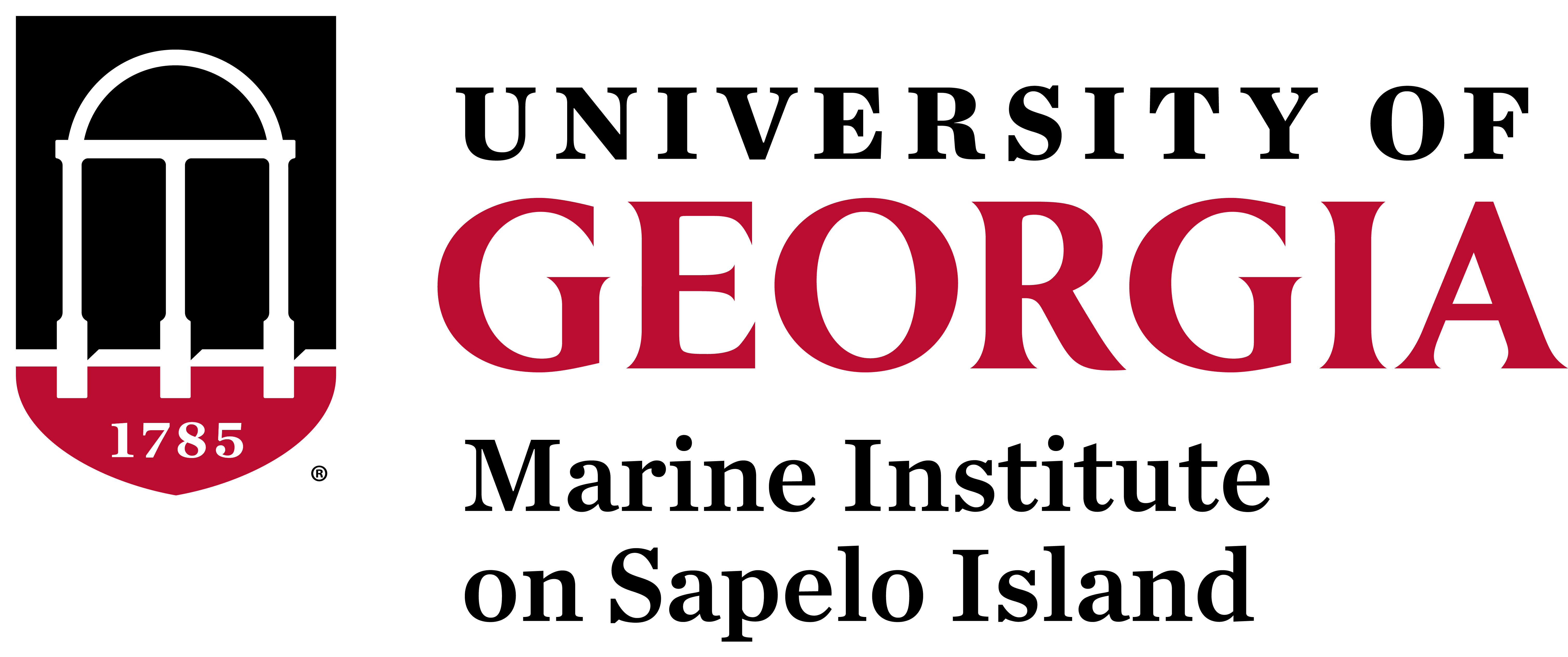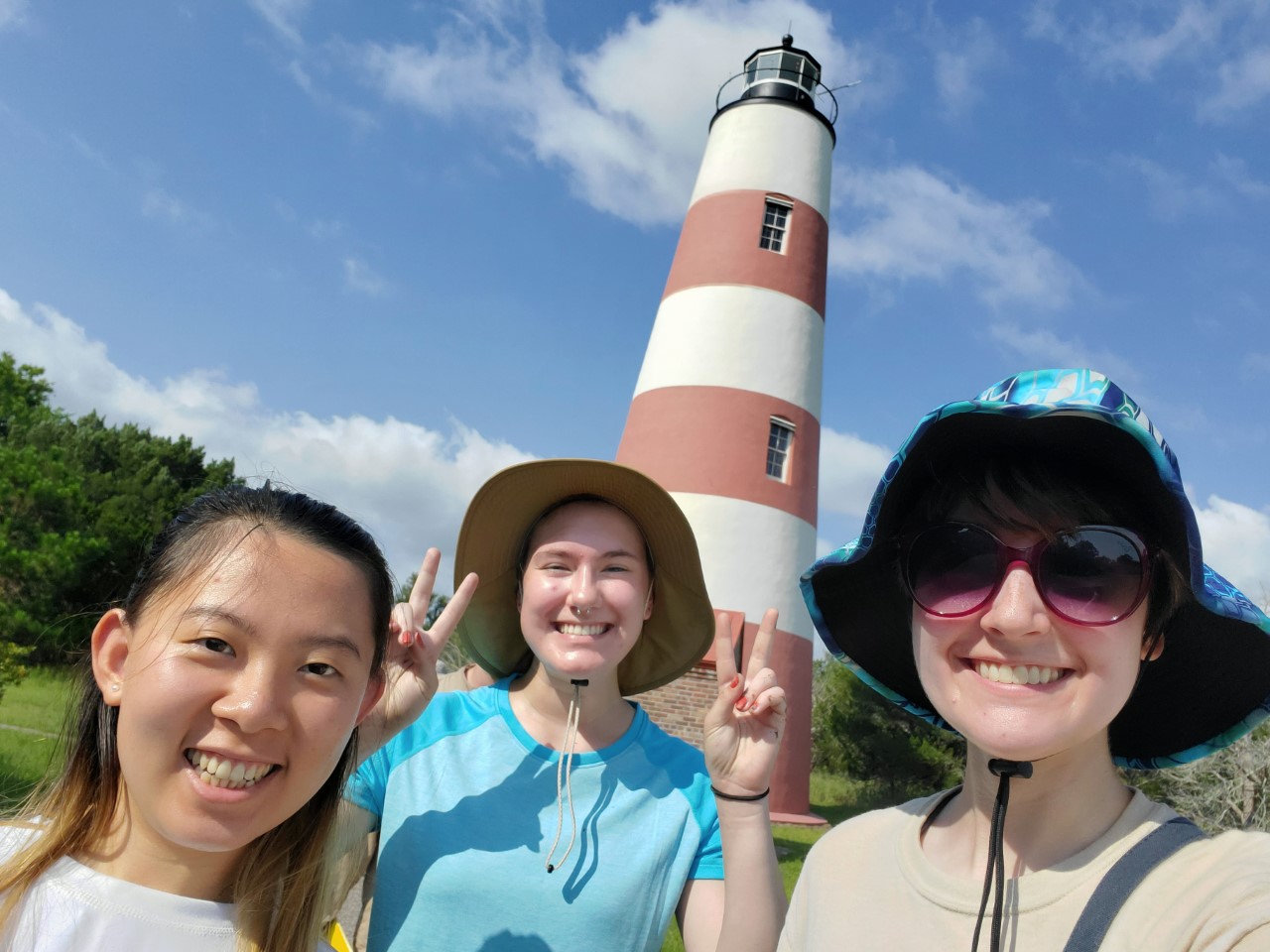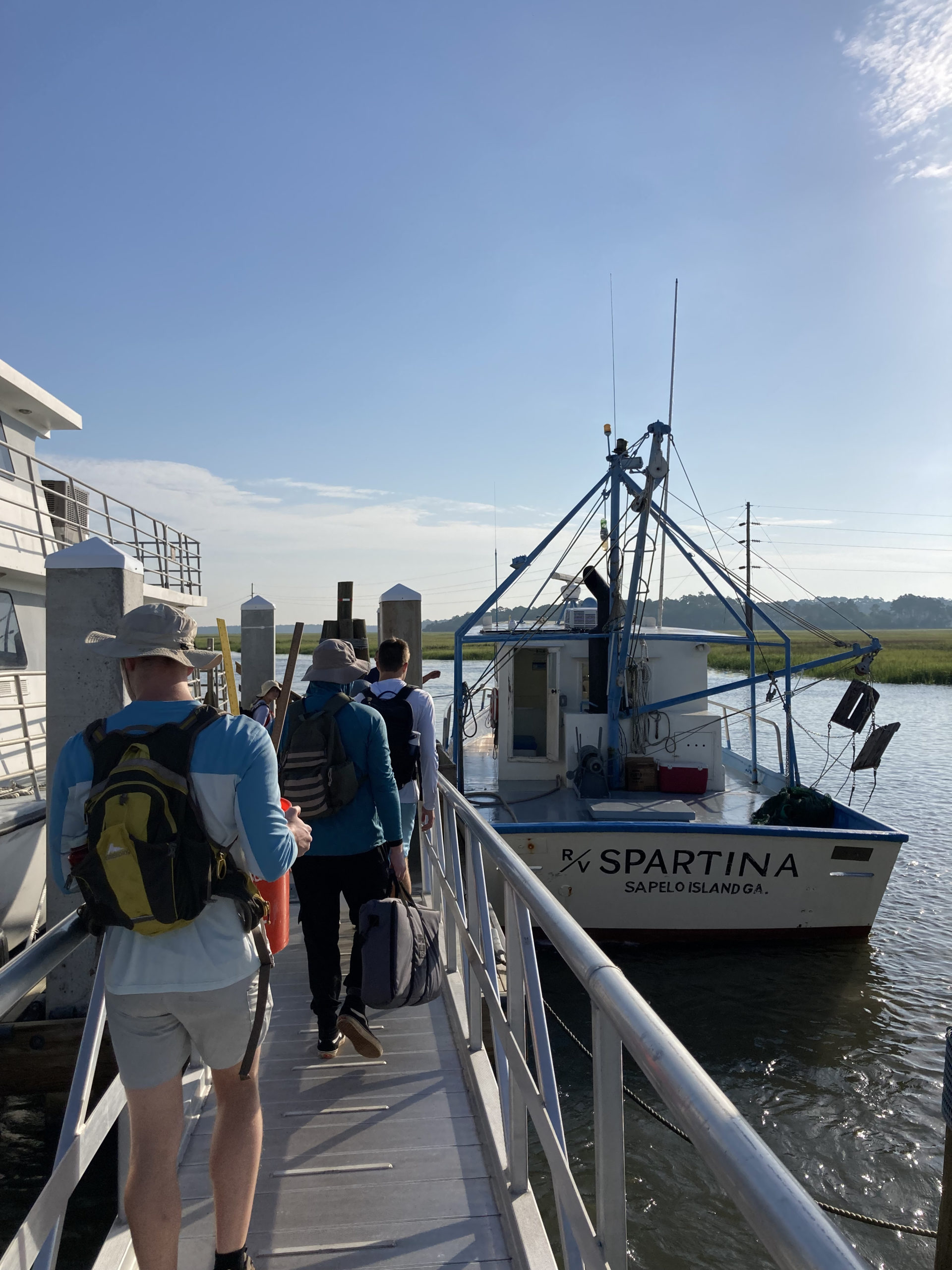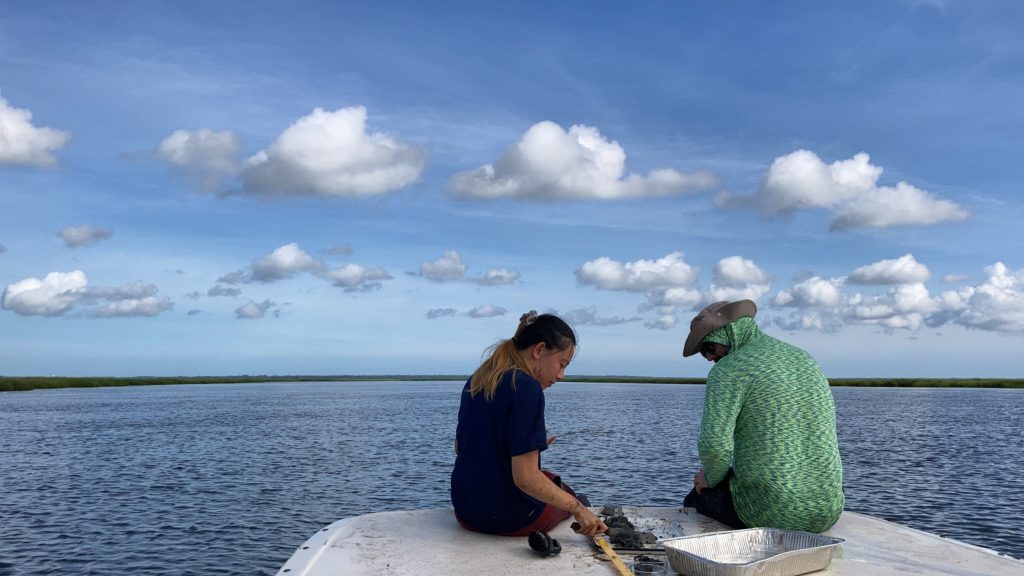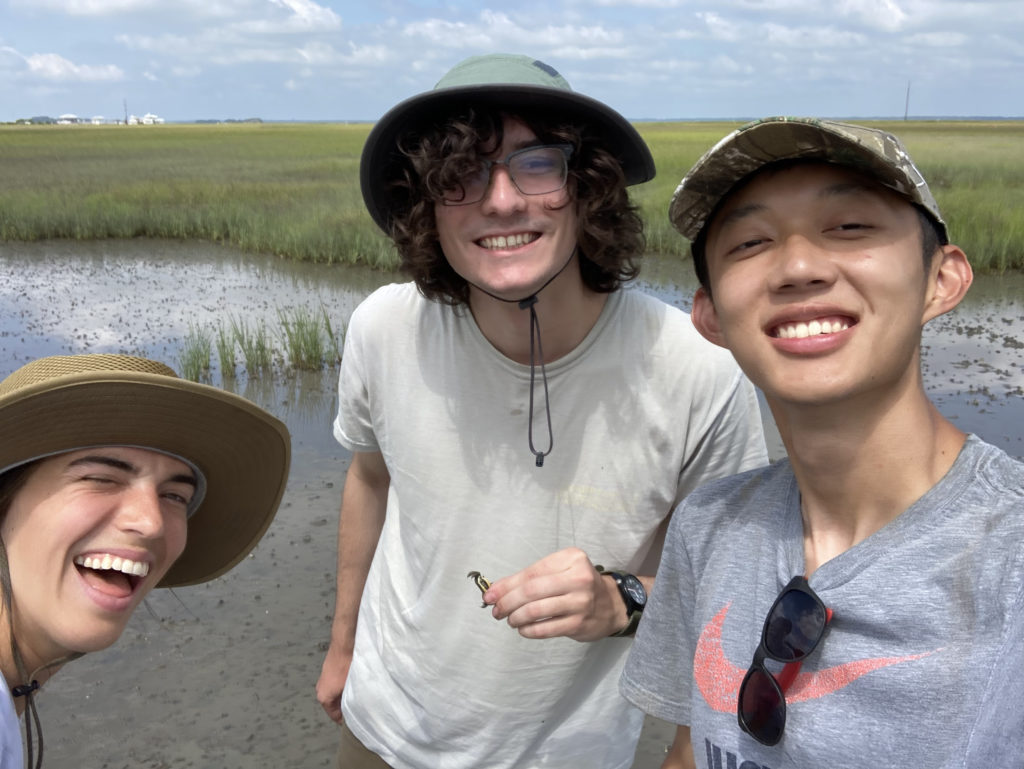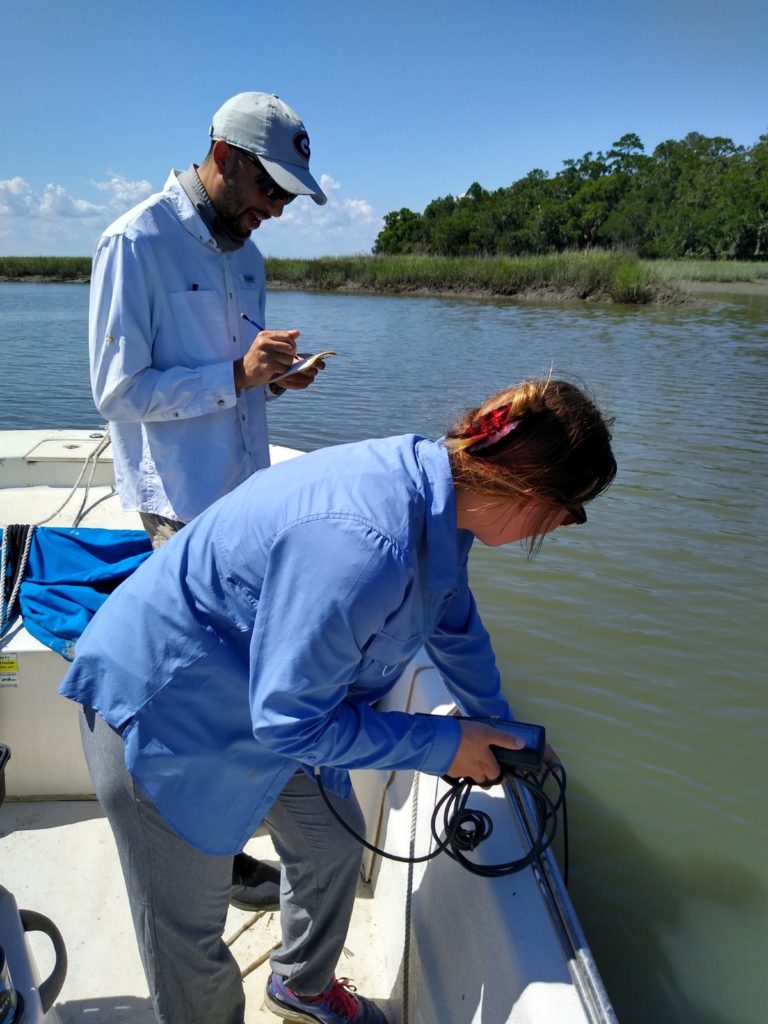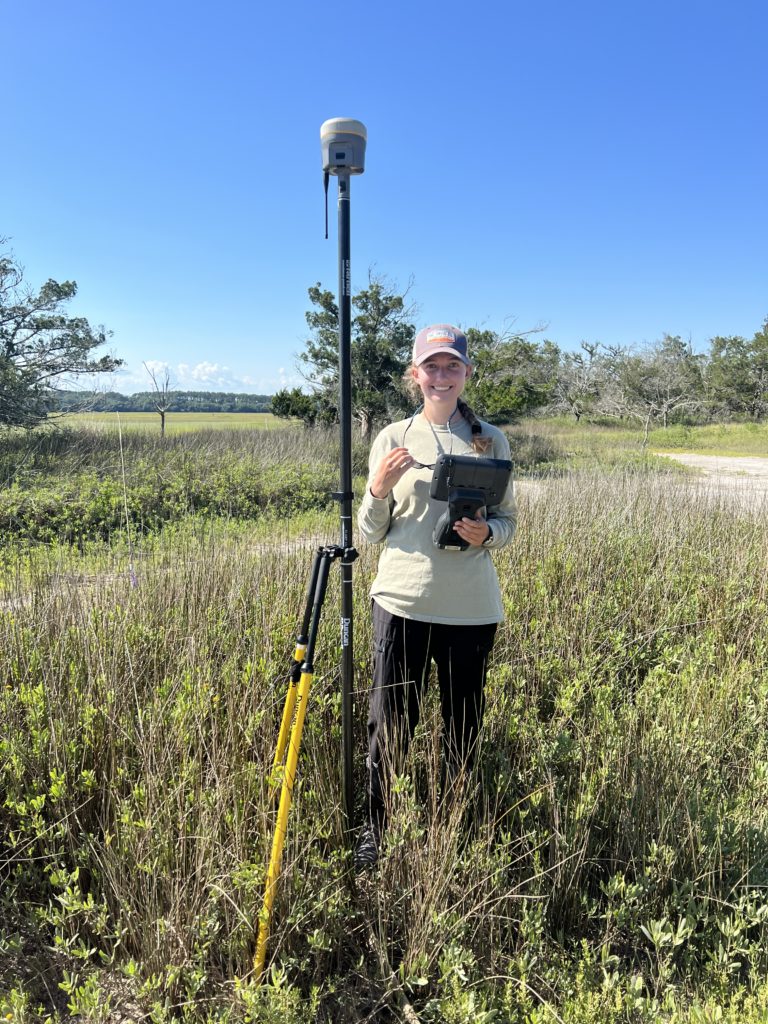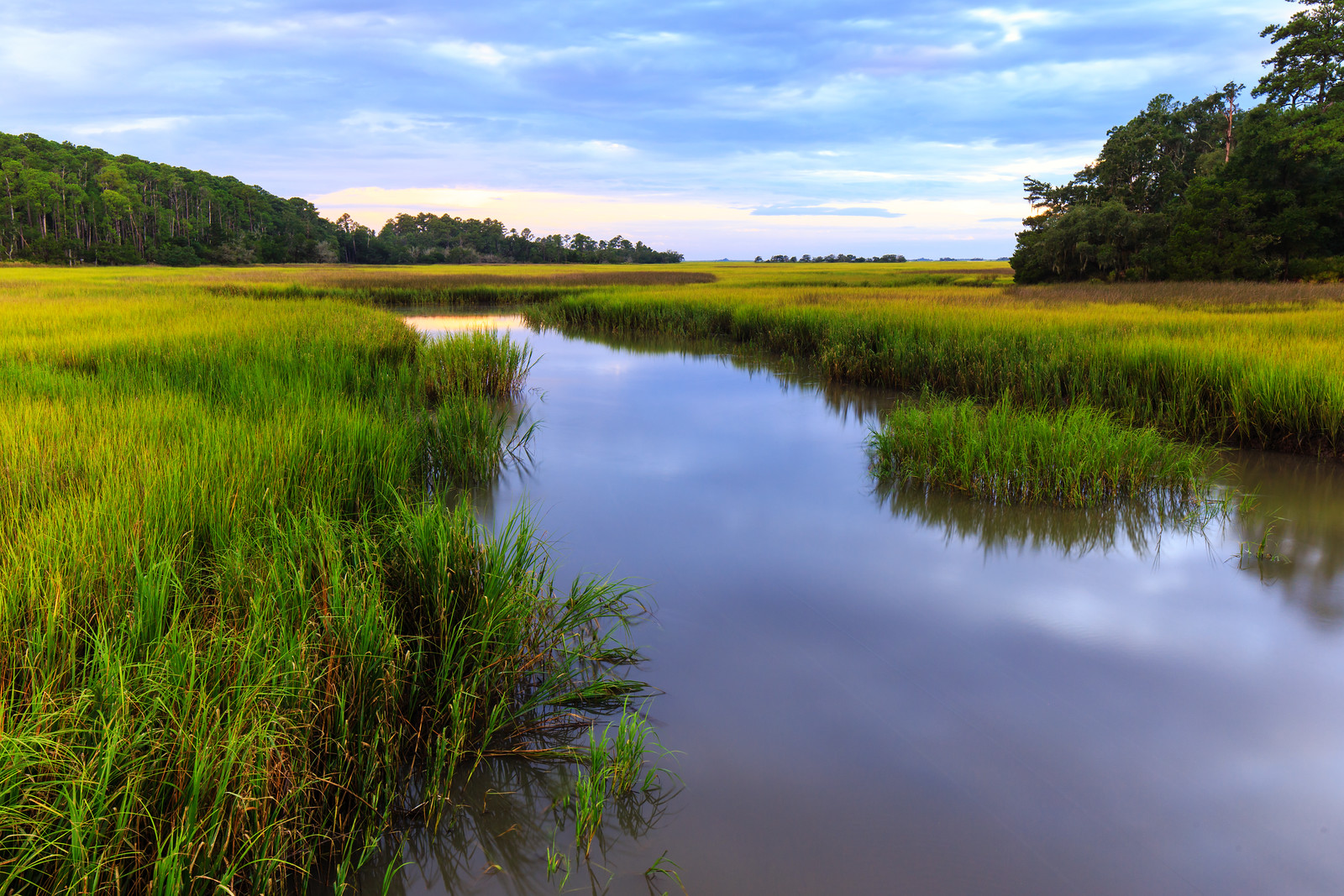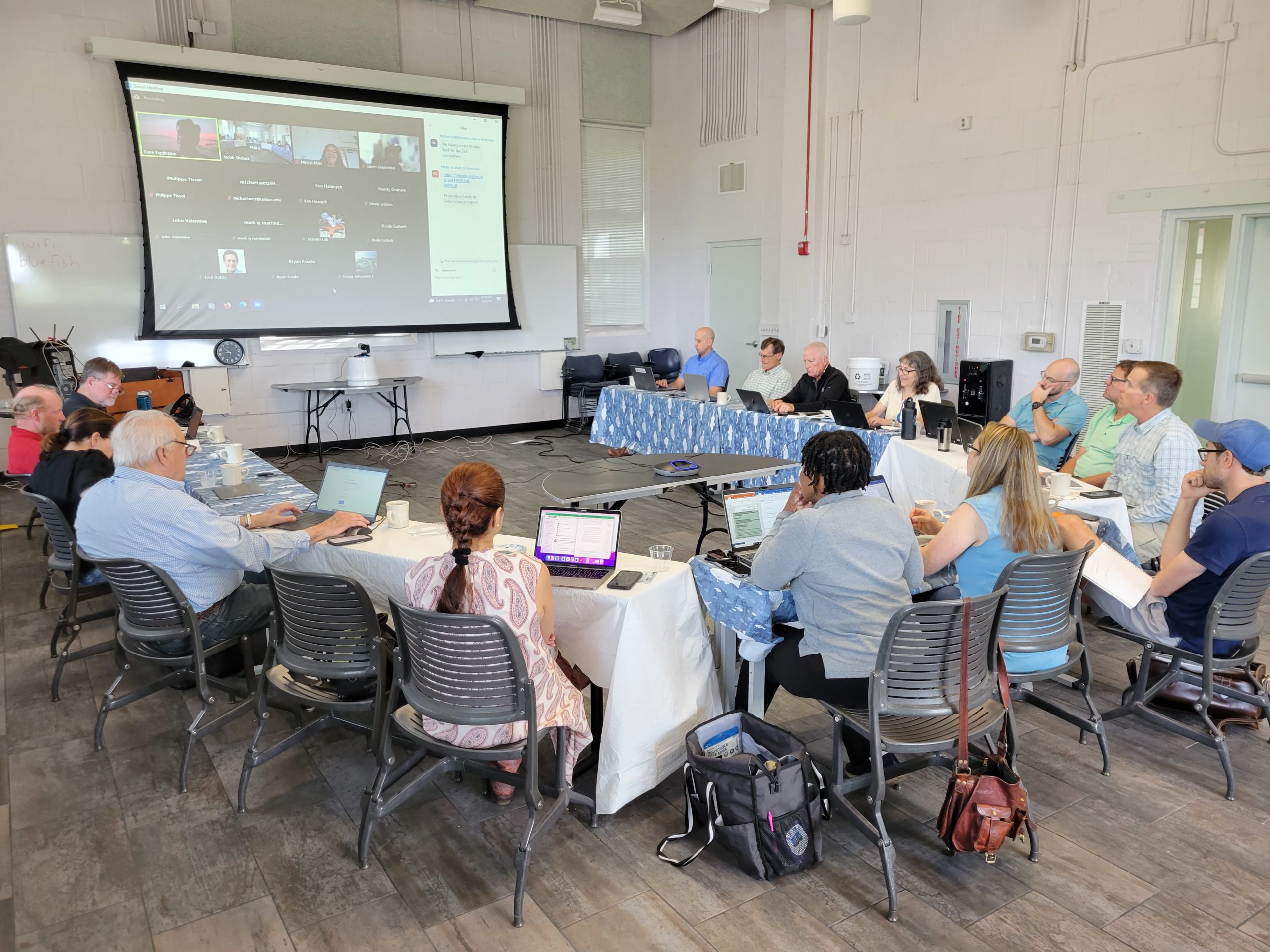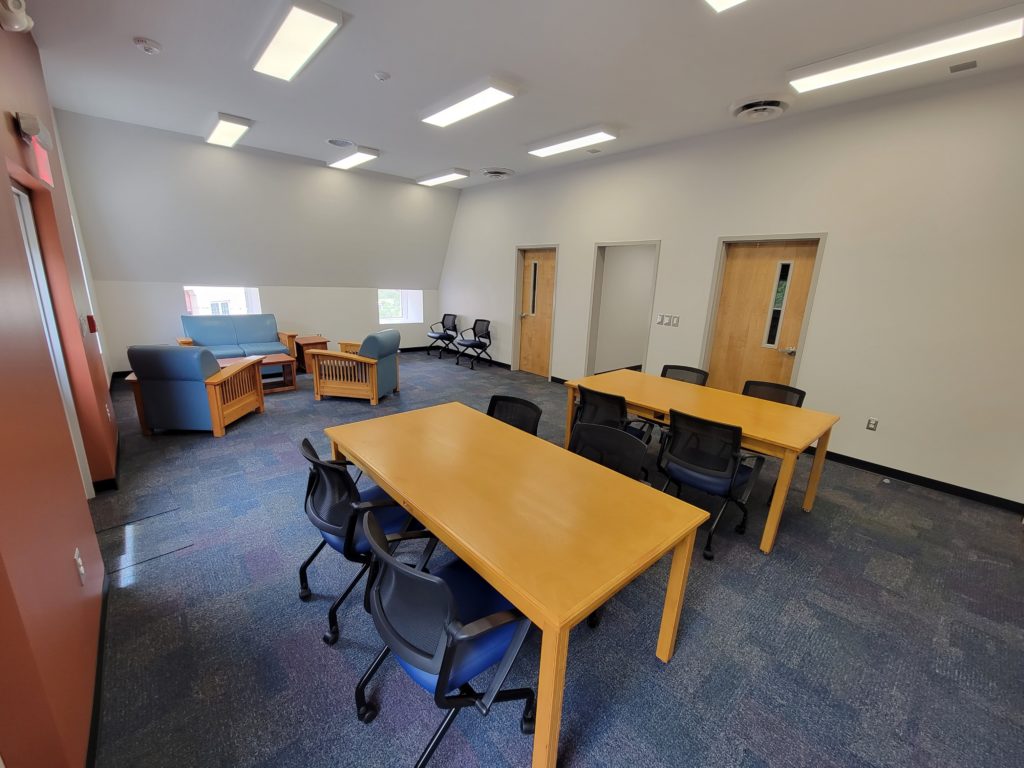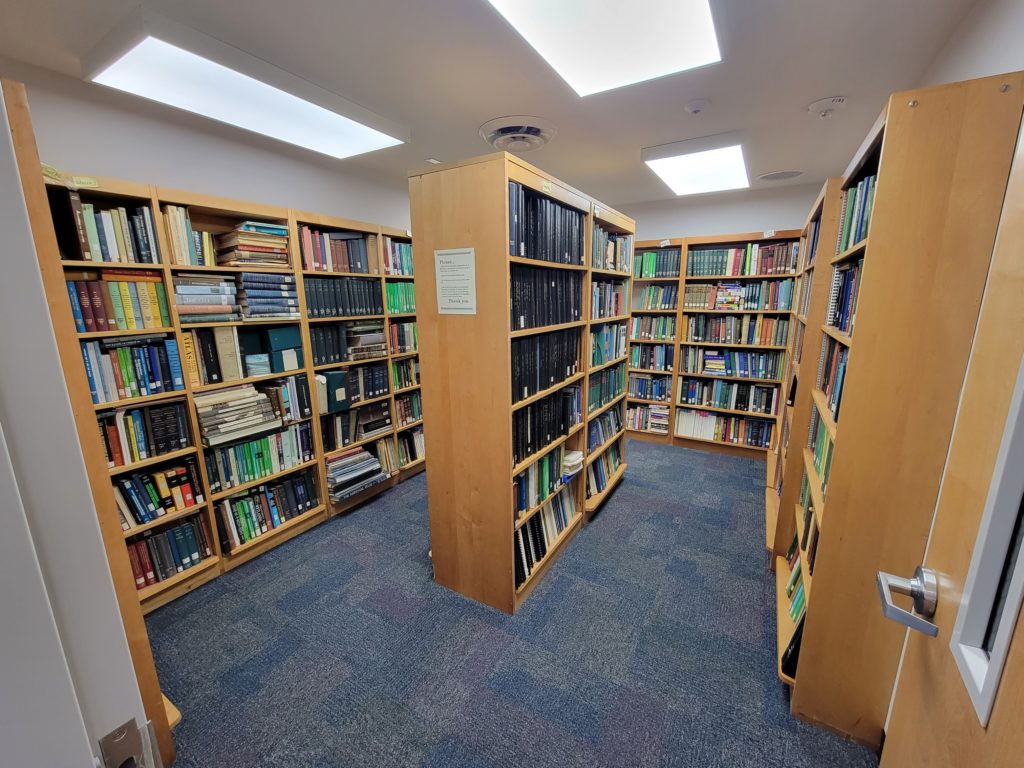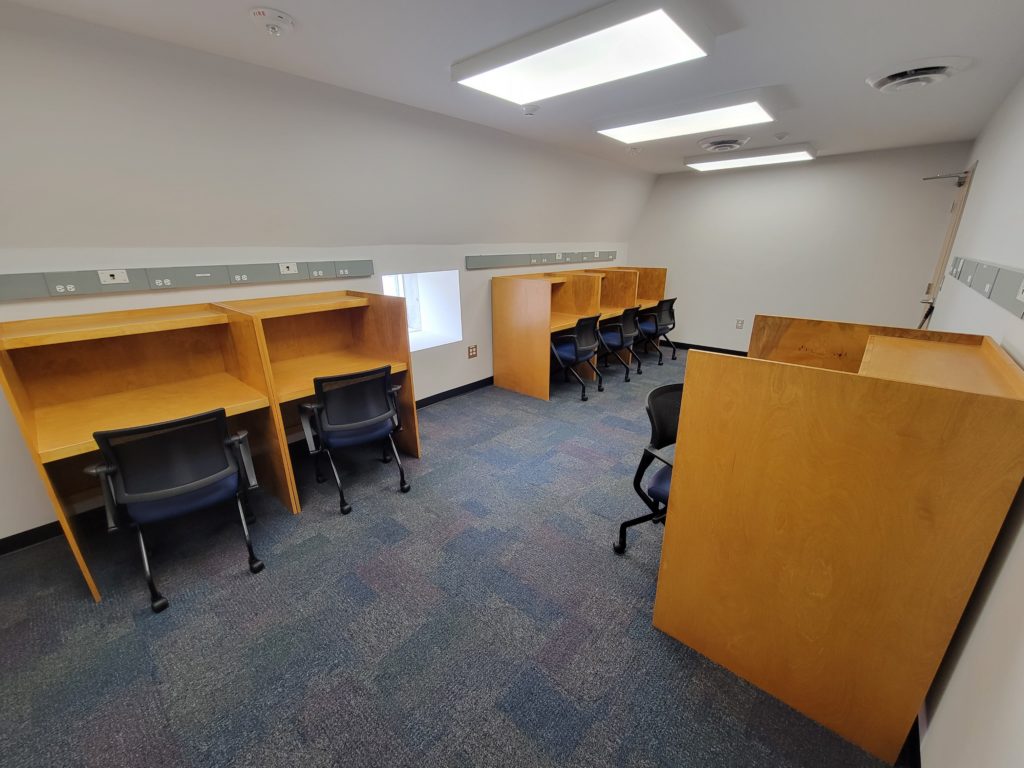Odum PhD Cohort visits UGAMI
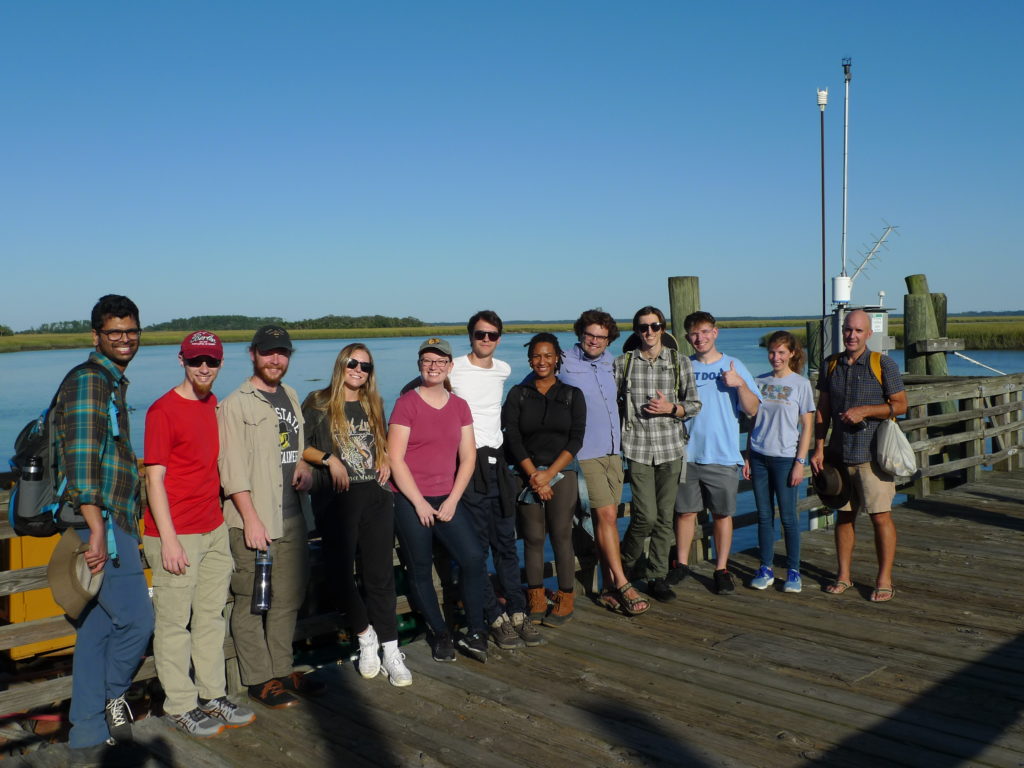
The new cohort of PhD students from the Odum School of Ecology visited this month for a whirlwind tour of everything UGAMI and Sapelo Island has to offer young ecologists!
This post comes to us from the trip’s organizer and faculty member at Odum, Dr. Ford Ballentyne:
ECOL8000 Field trip
The field trip is an integral component of ECOL8000, the only required class for PhD students in
Ecology. It is an intense, but fun, long weekend during which students conceive and conduct
research projects, and present their results. All attendees (students, faculty, and teaching
assistants) travel together, stay in the same accommodations, and cook and clean up together.
One of the goals is for the students to bond and develop a sense of a cohort early on in their
graduate careers. In prior years, the class went to Coweeta Hydrologic Laboratory, but we
decided to try Sapelo/UGAMI this year.
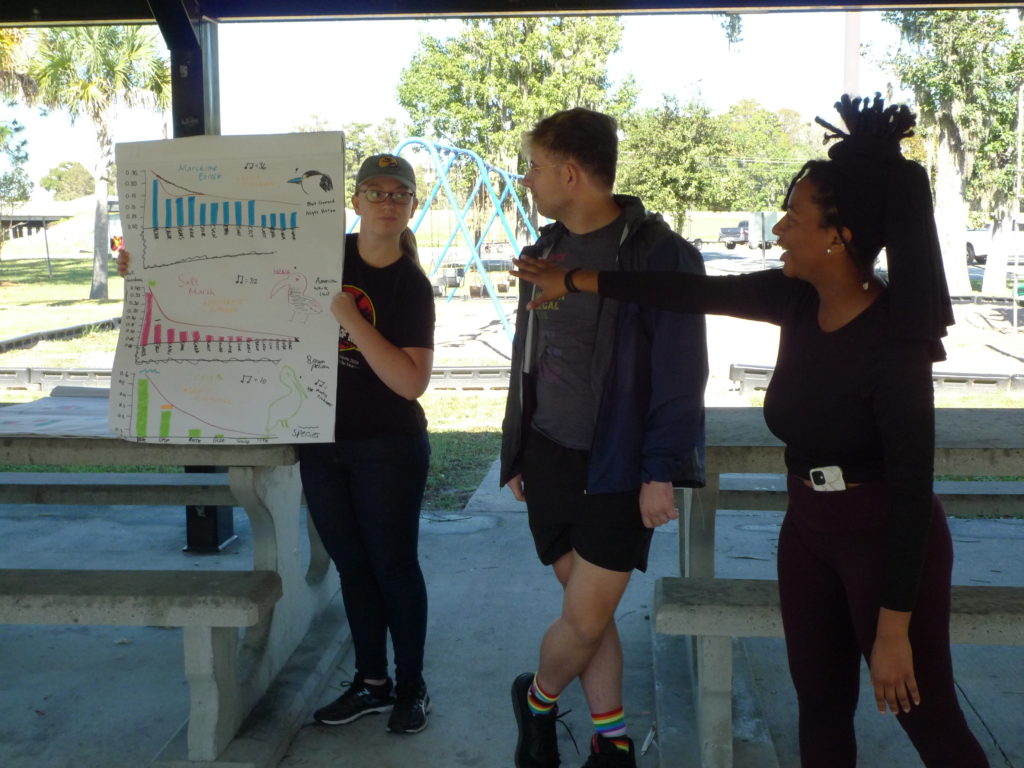
The primary focus of the field trip is the research project. In groups, students must make some
initial natural history observations in an unfamiliar setting, and then translate their observations
into research questions and data collection schemes in a matter of hours. They present their
proposed projects to the rest of the class and receive feedback shortly thereafter. Incorporating
this feedback, the groups refine their questions and plans for data collection, and begin
collecting data the morning after formulating their plans, having a single day to collect data, with
minimal technology. The aim of the research project is for students to design projects that
address an interesting ecological question or observation, collect data that will address the
question with rudimentary techniques (simple measurements and counting) and significant time
limitation, and then synthesize, analyze (with minimal computation and statistical analysis), and
present their data and conclusions. They have to balance the quality of their questions with the
constraints on data collection and analysis to arrive at some clear and, hopefully, compelling
patterns and conclusions.
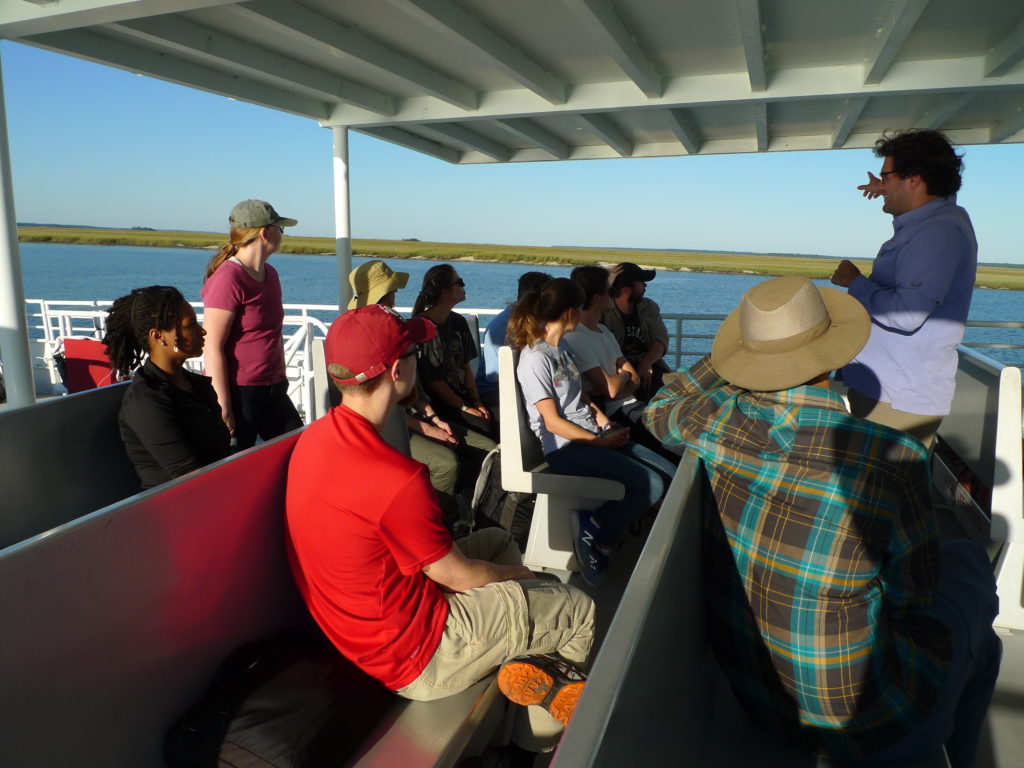
During the 2022 field trip to UGAMI on Sapelo Island, two groups focused on snails and one
group focused on birds. One snail group was interested in characterizing the relationship
between snail density, radulation scarring, and plant performance. The other snail group was
interested in characterizing how the height at which snails were found on spartina stalks was
impacted by snail density, distance from tidal creek, and snail body size. The bird group was
interested in characterizing how patterns of relative abundance of birds differed between
maritime forest, marsh, and beach habitats. The snail groups tromped around the high marsh
with measuring tapes, meter sticks, and calipers to collect their data, and the bird group used
both visual and audio surveys in the three habitats of interest. The radulation snail group found
an interesting pattern of increased total radulation scarring at an intermediate distance from the
tidal creek, the snail height group found that snail body size was significantly higher with
distance from the tidal creek, and the bird group found very different patterns of relative
abundance and species richness across the three habitats sampled.
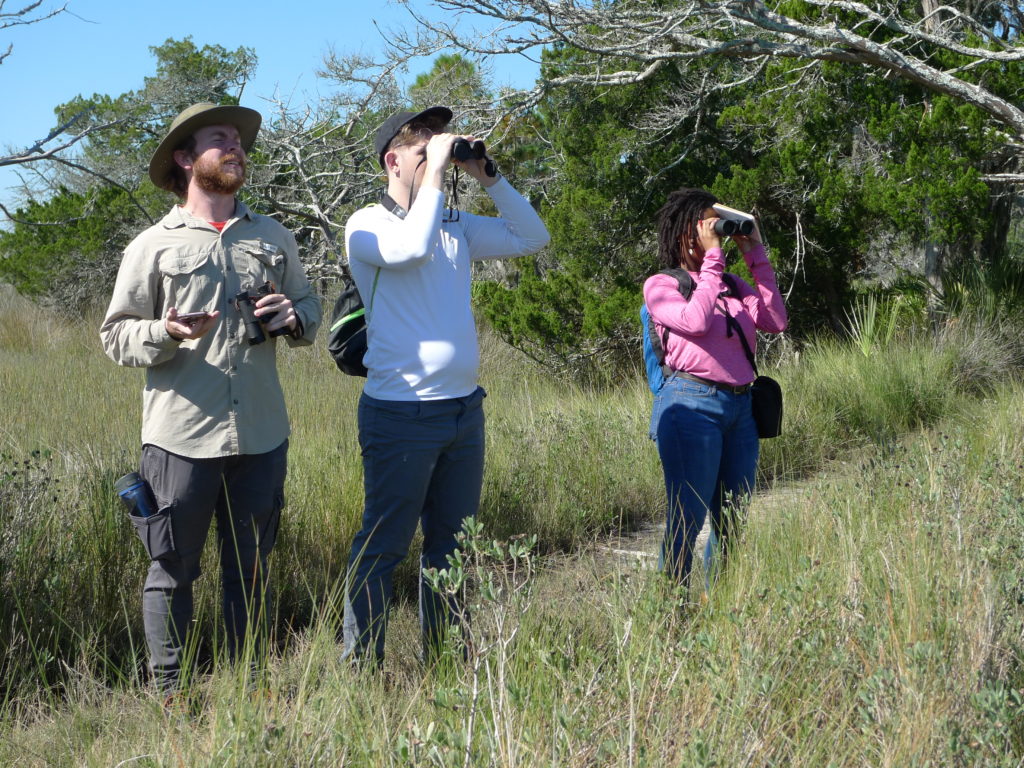
Because of the history of human interactions on Sapelo Island, and especially those between
scientists, primarily associated with UGA, and long-term residents, we had Nik Heynen,
Professor of Geography at UGA, speak to the class prior to the field trip about his work with Hog
Hammock residents, which resulted from involvement with the Georgia Coastal LTER site at
UGAMI. While on Sapelo, we were fortunate to have Josiah ‘Jazz’ Watts talk to the class about
race, power, discrimination, and science on Sapelo and the GA coast more generally.
